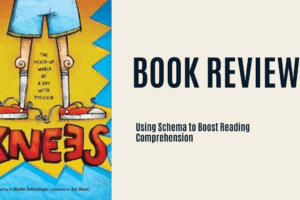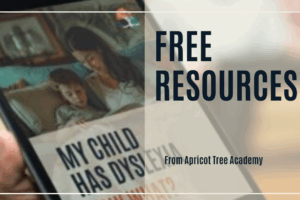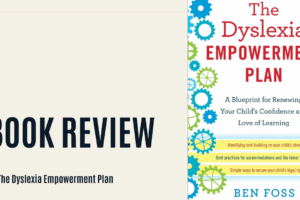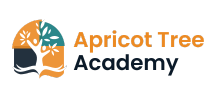
Online Resources for Dyslexic Children
- Posted by Sandra D
- Categories Dyslexia, Support at Home
- Date July 8, 2025
- Comments 0 comment
Trusted Online Resources for Parents and Kids with Dyslexia
When a child is diagnosed with dyslexia, it’s natural for parents to seek information, tools, and encouragement to help them succeed. While professional intervention is often essential, many free or supplemental online resources can support and empower families at home without replacing structured instruction.
At Apricot Tree Academy, we believe in equipping parents with reliable tools that complement their child’s journey. Below are high-quality resources that offer education, advocacy, and enrichment.
1. Understood.org
Website: www.understood.org
What it offers:
Understood.org is an excellent hub for parents of children with learning and thinking differences. It features helpful articles, videos, simulations, and daily tips. One standout tool is Through Your Child’s Eyes, a simulation that shows what it’s like to have dyslexia or other learning challenges.
Great for: Understanding your child’s experience and finding practical strategies for home and school.
2. International Dyslexia Association (IDA)
Website: www.dyslexiaida.org
What it offers:
The IDA offers a wealth of research-based resources, fact sheets, and advocacy tools. Their website includes definitions, early signs of dyslexia, legal guidance, and downloadable materials you can use to inform educators or family members.
Great for: Learning about dyslexia, understanding the science, and advocating for your child.
3. Reading Rockets
Website: www.readingrockets.org
What it offers:
Reading Rockets is a trusted source for reading strategies and literacy development. It includes videos, book lists, and interviews with educators and researchers. Their dyslexia section offers accessible explanations and reading activities to support children at home.
Great for: Finding free reading tips and background knowledge for parents.
4. Yale Center for Dyslexia & Creativity
Website: www.dyslexia.yale.edu
What it offers:
This inspiring site focuses on the strengths and creativity of individuals with dyslexia. It shares stories of successful dyslexic individuals, information about early identification, and suggestions for supporting children emotionally and academically.
Great for: Encouragement, perspective, and focusing on strengths—not just struggles.
5. Local Library Digital Resources
Check your local library’s website
What it offers:
Many public libraries offer free access to audiobooks, ebooks, and read-along digital books through platforms like Libby, Hoopla, or BookFlix. These tools support reading fluency and comprehension, especially for kids who benefit from listening while following text.
Great for: Accessing high-interest books in alternative formats without cost.
6. YouTube Educational Channels
Examples:
- Reading Rockets YouTube Channel
- Science of Reading Explained
- Children’s author read-alouds
What it offers:
Many nonprofit and educator-supported YouTube channels share videos that explain dyslexia, demonstrate reading strategies, or offer author read-alouds. Watching these videos together can help kids feel seen, supported, and engaged.
Great for: Visual learners and supplementing reading with storytime and mini-lessons.
Final Thoughts from Apricot Tree Academy
Online resources are wonderful tools to enhance learning at home, build background knowledge, and foster understanding—but they don’t replace the individualized instruction that children with dyslexia often need. If your child is enrolled in our program or considering intervention, these tools are perfect companions to reinforce learning and build confidence between sessions.
At Apricot Tree Academy, we’re committed to walking alongside families every step of the way—providing not only high-quality intervention, but also trustworthy guidance and resources.
You may also like

Book Review: Knees

Free Resources for Parents at Apricot Tree Academy

